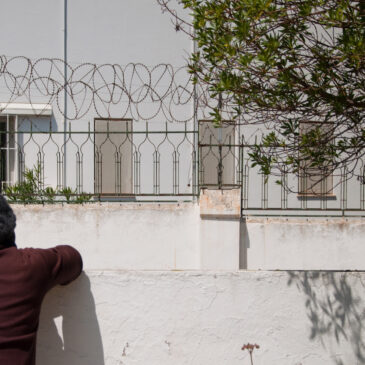News Highlights Extra: Radio play based on true story highlights desperate situation of refugees in Libya
Polish composer Kasia Glowicka has written and produced a radio play based on a true story of a refugee trapped in the Zintan detention centre in Libya. In the play, titled “Lilian”, the refugee Tesfay contacts a professor in Europe, linking them via WhatsApp across geography and culture. The radio play premiered on 24 September on two Polish radio stations, but is also available online.



